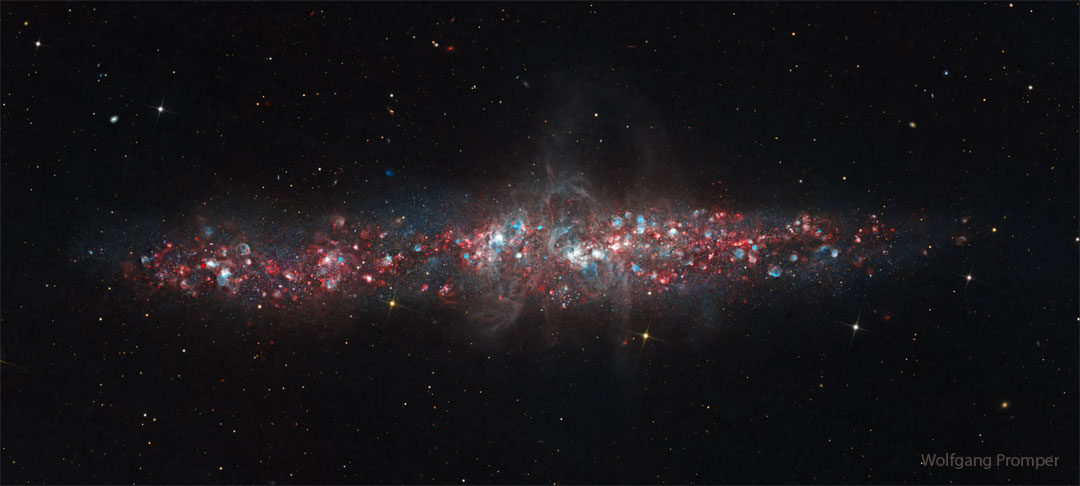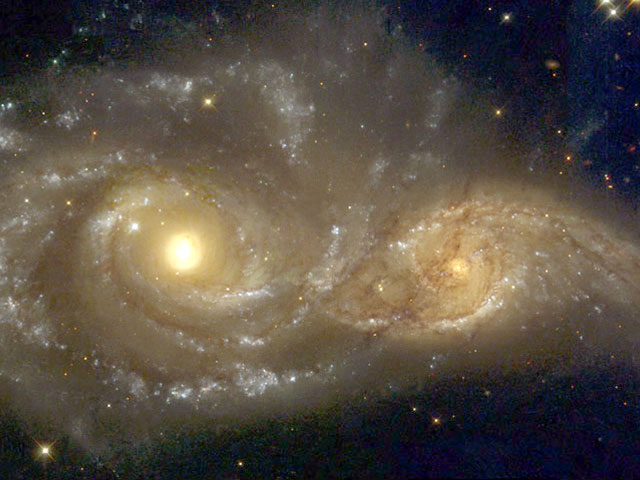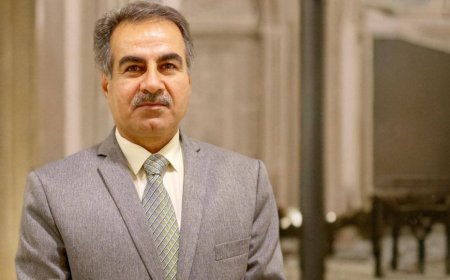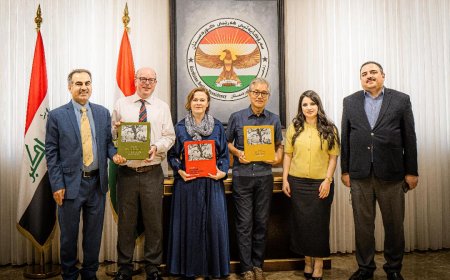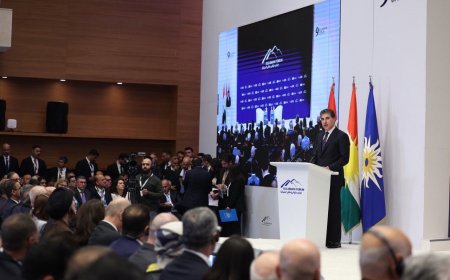The Presidency of the Kurdistan Region: Between the Hammer of Disputes and the Anvil of National Responsibility
Assistant Professor Dr. Seerwan Anwar Majid
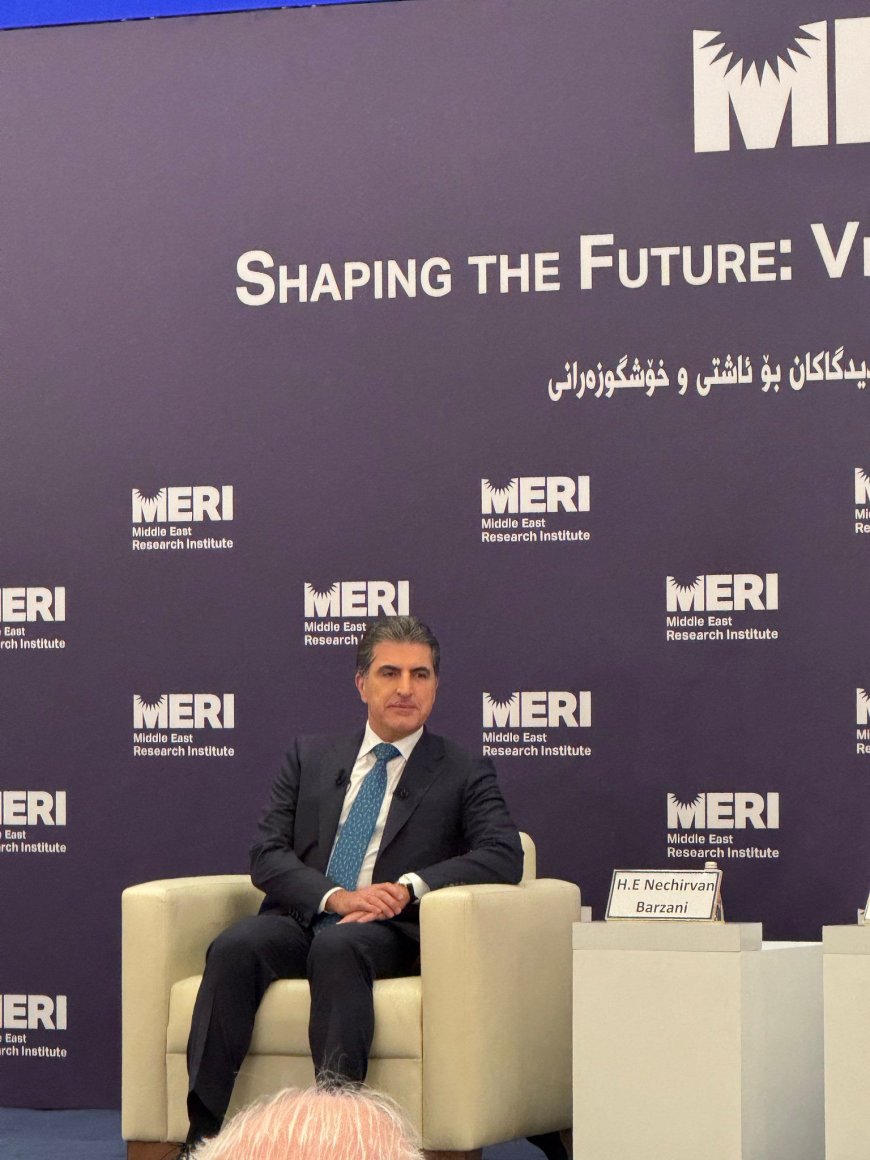
The Presidency of the Kurdistan Region is currently navigating one of the most delicate phases since its establishment. As the highest office in the Region, it embodies both constitutional symbolism and political legitimacy, tasked with maintaining internal equilibrium while representing Kurdistan before Baghdad and the international community. Yet, the recent government formation crisis, which extended for over a year and a half of deadlock and protracted negotiations, has placed the Presidency under a critical test, revealing the extent of challenges confronting this pivotal institution.
From a legal standpoint, the President of the Region holds extensive powers under the 2005 Kurdistan Region Presidency Law, including commanding the Peshmerga forces, ratifying legislation, representing the Region externally, calling for elections, and assigning the Prime Minister. However, the exercise of these powers is conditioned by a complex political reality. The latest parliamentary elections granted the Kurdistan Democratic Party (KDP) thirty-nine seats and the Patriotic Union of Kurdistan (PUK) twenty-four seats, making any political or governmental decision contingent upon a consensus between the two dominant parties.
The government formation impasse has starkly highlighted this division. The PUK insists on controlling the Ministries of Interior and Security to ensure effective participation, while the KDP maintains its hold on strategic portfolios, including oil and foreign relations. Despite sustained efforts by the Presidency to convene both parties at a single negotiating table, the absence of mutual trust has prevented the realization of a genuine agreement. As a result, the Presidency remains suspended between its intended role as a unifying mediator and the constraints imposed by partisan calculations that dominate the office.
This internal political crisis extends beyond the Kurdish political arena and directly impacts the Region’s relationship with Baghdad. According to Iraq’s 2023 federal budget, approximately 16.6 trillion Iraqi dinars (around 12 billion USD) were allocated to the Kurdistan Region, contingent upon the delivery of over 200,000 barrels of oil daily through the State Oil Marketing Organization (SOMO). Disputes over export mechanisms and revenue-sharing have weakened the Region’s capacity to meet these obligations, which in turn has limited the effectiveness of the Presidency’s interactions in Baghdad, where the absence of a unified Kurdish stance diminishes political leverage.
On the international front, the Presidency continues to serve as the Region’s principal diplomatic interface. Throughout 2023, President Nechirvan Barzani received more than sixty-five foreign delegations, including senior officials from the United States, Europe, and Turkey. Nonetheless, the ongoing internal crisis has curtailed the impact of these meetings: instead of serving as instruments of political influence, these engagements have been constrained, as the international community increasingly requires internal Kurdish unity before committing substantive support.
Against this backdrop, the Presidency of the Kurdistan Region appears to be walking a fine line between the aspiration to act as a comprehensive political arbitrator and the restrictive realities of partisan politics. Domestically, it lacks the authority to enforce binding solutions without consensus between the two major parties. Federally, its dealings with Baghdad are constrained, and externally, its influence is diminished by the visible perception of internal division, which affects the Region’s standing both within Iraq and internationally.
Nevertheless, the Presidency remains far more than a ceremonial or administrative office. It is the umbrella institution that transcends the contradictions within the Kurdish political house, symbolizing the potential to reunite political actors if freed from narrow partisan considerations. While progress is slow and intertwined interests make the path arduous, the office retains the capacity—by virtue of its symbolic and institutional weight—to mediate conflicts, mend divisions, and reframe the perception of Kurdistan as a unified political entity rather than a perpetual arena of contestation.
If the Presidency succeeds in this pivotal challenge, it will reaffirm its role as a guarantor of unity and stability. Conversely, if it remains hostage to internal divisions, the office may gradually degrade into a purely honorary position, stripped of substantive influence. Between these two potential futures lies the fate of the Kurdistan Region—but the Kurdish people hope for the former.
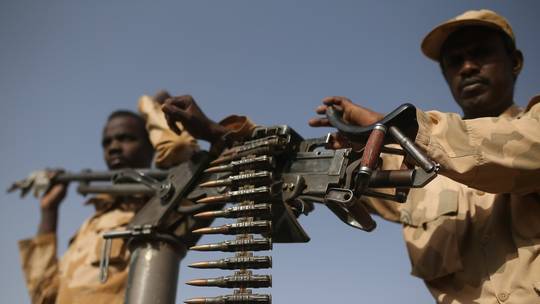



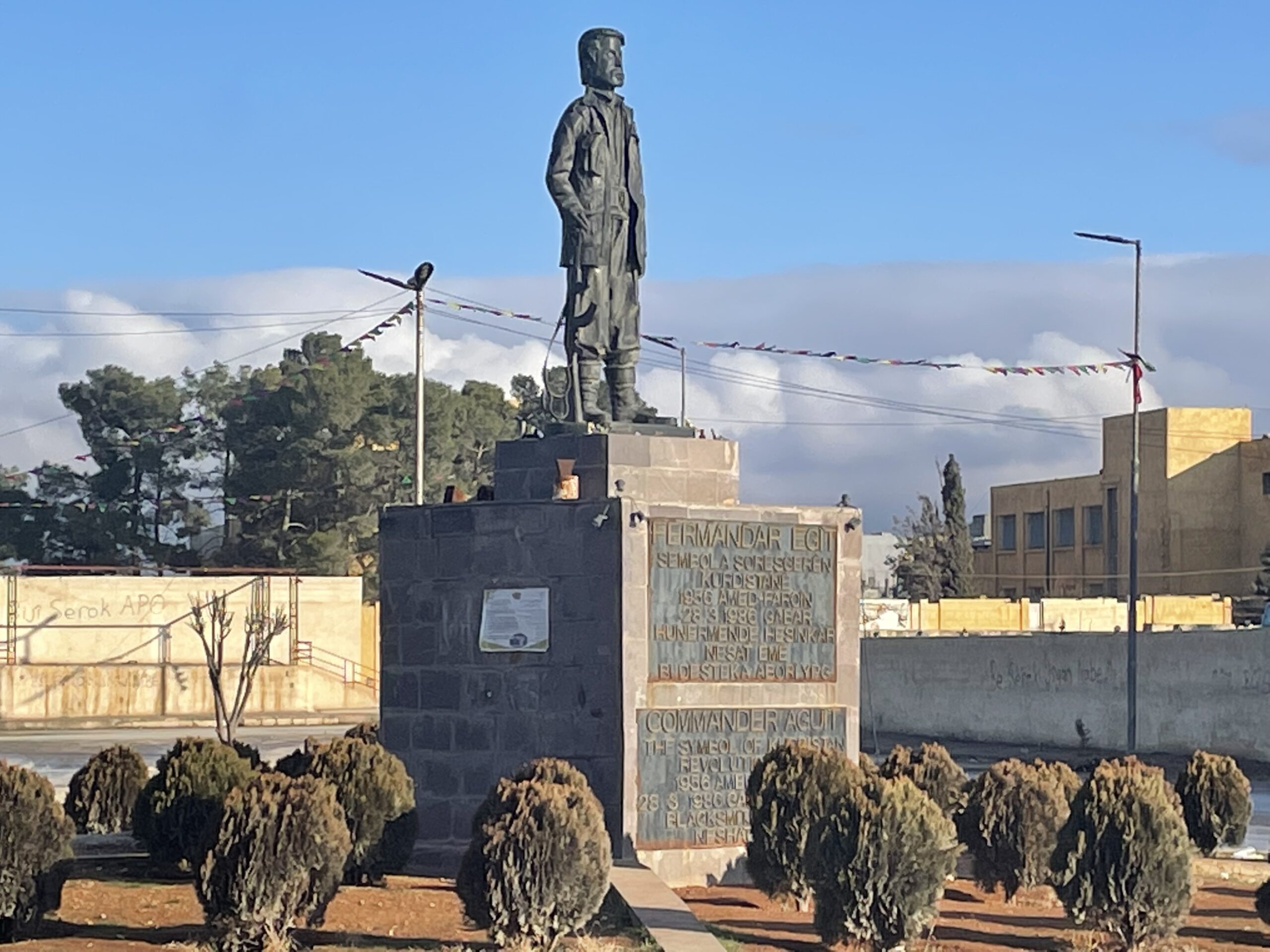









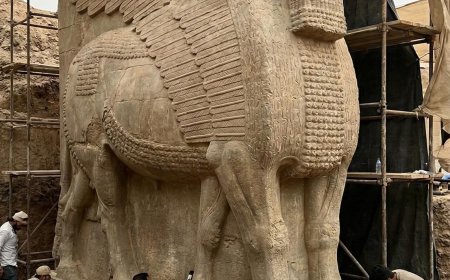





/file/attachments/orphans/IMG_9103_429753.jpeg)


/file/attachments/orphans/taku-transport_666718.jpg)







